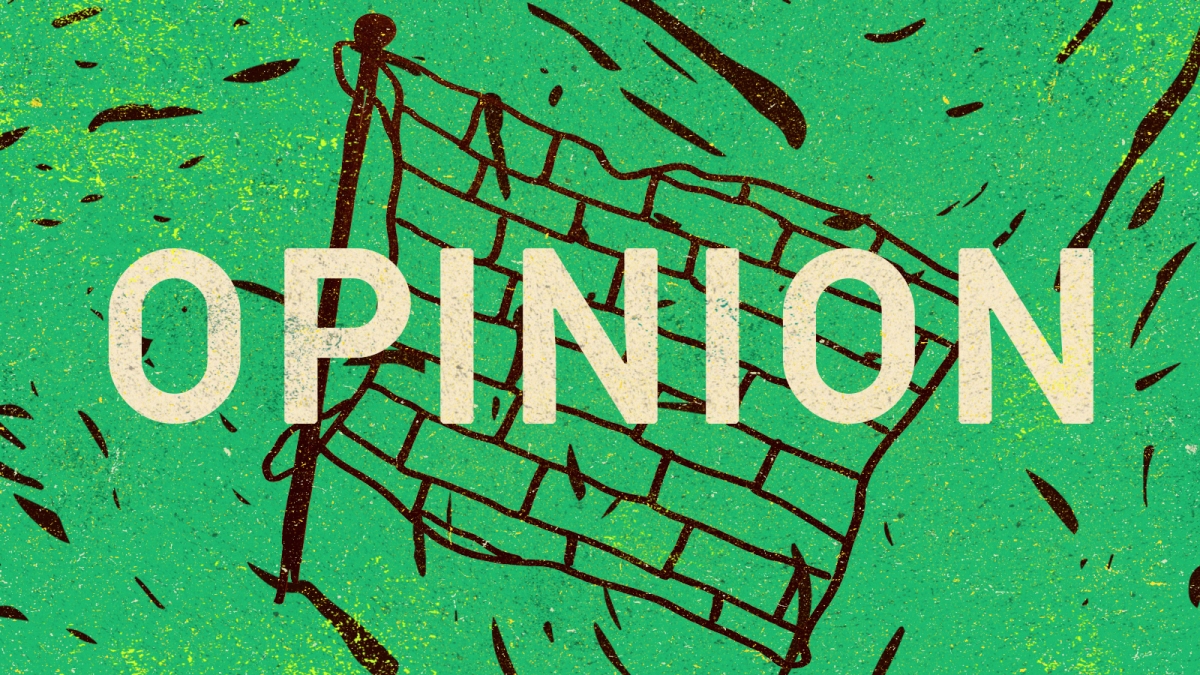On April 23, local Serbs boycotted the local election in four municipalities in the north of Kosovo. As a result, four mayors from Albanian parties were elected with less than 4%.
Prime Minister Kurti decided to send special police units to the northern municipalities inhabited by a Kosovo-Serb majority, to escort and protect the newly elected mayors on their way to work. This action heightened tensions and resulted in clashes between the protestors and the Kosovo Police and KFOR.
This decision infuriated Kosovo allies and supporters, particularly the United States. The US Embassy in Kosovo, the US Department of State and other US officials called on Kosovo to immediately halt its unilateral actions.
Ever since however, PM Kurti hasn’t budged, directly hurting Kosovo’s relationship with the US. This might cause the US to give a cold shoulder to Pristina, which could have grave consequences for a country that is still struggling to consolidate its international legitimacy.
Washington no longer sympathizes with Pristina as it used to do. The US will likely double down on its pressure to establish the Association/Community of Serb-Majority Municipalities (ASM) as a way to de-escalate tensions in the north.
The US calls upon Kosovo to establish the ASM
In December 2022, US Special Envoy for the Western Balkans, Gabriel Escobar, said that if the current Kosovo government does not implement the ASM, then the US will consider cooperating with “other partners.”
This statement was largely perceived as a threat directed at Prime Minister Kurti, who has been unwilling to establish the ASM.
But the pressure kept mounting. The following month, the US Department of State published an official statement on the need to establish the ASM.
At the same time, the US praised Serbia for its constructive engagement in the normalization of relations with Kosovo. Also, it noticed the importance of advancing merited EU accession for the Western Balkans.
In February 2023, Kosovo and Serbia reached the second Brussels Agreement. As part of the deal, Kosovo pledges to establish a level of self-management for the Serb community in Kosovo.
However, this time around, Kosovo is being overpressured to deliver. The lack of Serb mayors in Serb-majority municipalities creates a stumbling block in designing and implementing the ASM.
The US stepped up the pressure
In the past, the Kosovo government has succumbed to international pressure to establish the ASM because of fears that the ASM will dysfunction the integrity of the state, reminiscent of the Republica Srpska in Bosnia and Herzegovina.
The US has reassured Kosovo that the ASM will not create a mini-state within Kosovo. The US is in favor of the ASM, while being contrary to any arrangement that would violate Kosovo`s Constitution, be inconsistent with the 2015 Constitutional Court decision, or would threaten Kosovo`s sovereignty, independence, multiethnic character, or democratic institutions.
Washington thinks that the creation of the ASM does not undermine Kosovo`s highest legal act and does not add a new layer of executive and legislative power to Kosovo`s government.
Yet, would such promises reflect in practice? It is hard to say for now.
Surely, Serbian President Vucic is not keen to accept an ASM where Serbs are fully integrated into Kosovo`s political and legal structures. He wants to establish more powers for the local Serbs so that he can project his power on Kosovo.
Should the ASM be created, there will be the need for reconciling these two opposite “views” between Kurti and Vucic. This all depends on the draft that the Kosovo side will present to the EU and the US, and whether Serbia will agree to it.
However, given the ongoing tensions in the north of Kosovo and the recent kidnapping of three Kosovo Police officers by Serbian authorities, it is evident that the prospects for establishing the ASM are currently quite bleak.





























































